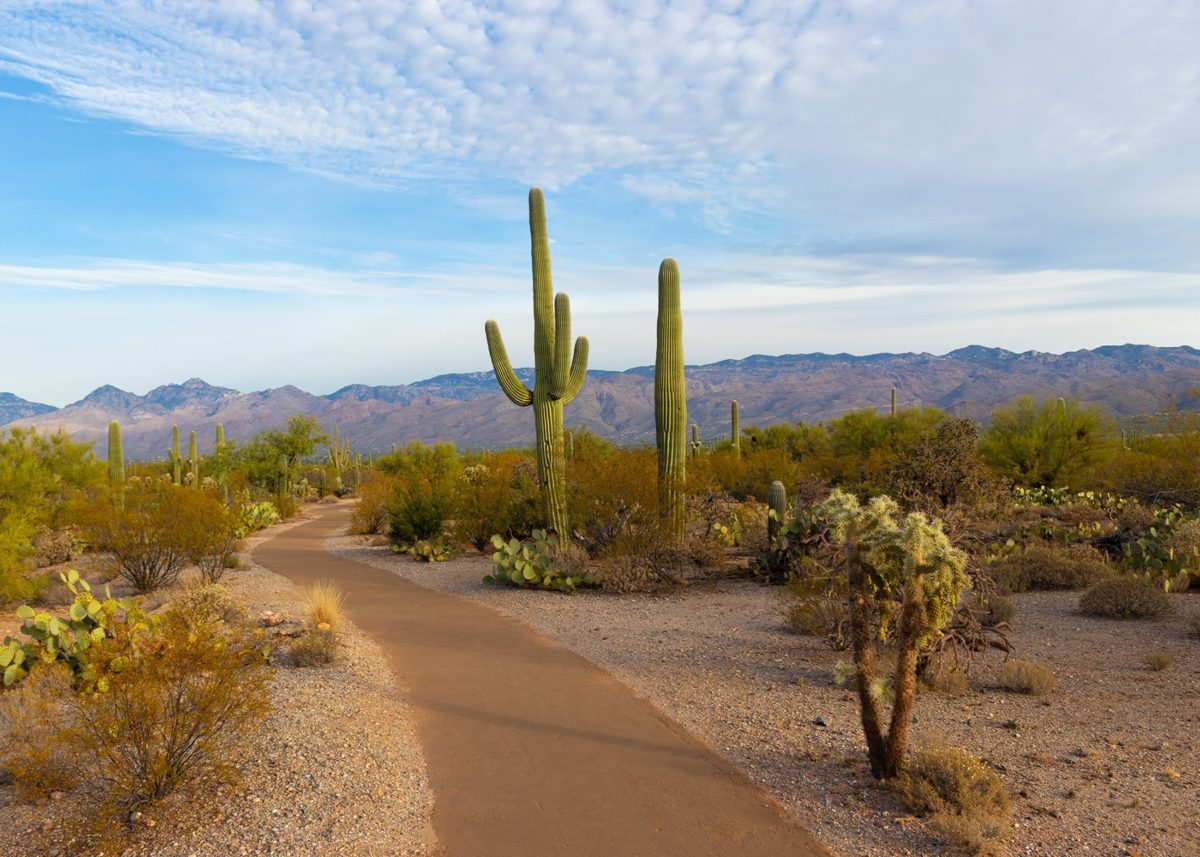The State of Cannabis Legislation & Licensing: Arizona, New Mexico, Colorado, Utah [2023]

Looking for updated information on cannabis business licensing in Arizona, New Mexico, Colorado, or Utah? This is the place to find it! Legalization was just the beginning — today, laws in these states and states across the nation continue to evolve.
Cannabis Business Licensing in Arizona
Those in possession of a business license, including the six types added in March 2023, in the Valentine State would love to see a solution to the lack of banking for the cannabis industry.
Arizona Senator Krysten Sinema is one of those people. Recently, she added herself to The Secure And Fair Enforcement Regulation (SAFER) Banking Act as a cosponsor. The bill aims to ensure legal cannabis businesses have access to banking services. “By bringing lawmakers from both sides of the aisle together, we bridged differences, focused on our shared goals, and demonstrated we can find a path to move this bill forward,” Sinema said.
The SAFER Banking Act passed the Senate Banking Committee in September 2023. It is a refashioned version of the Secure and Fair Enforcement Banking Act, which ultimately failed in the Senate despite passing the House of Representatives seven times. This version will allow businesses, including state-sanctioned cannabis stores, access to financial services such as deposit accounts and insurance via banks and credit unions.
New Mexico Cannabis Business Licensing
New Mexico cannabis business licensing practices are under scrutiny after La Mota, a group of Oregon-based cannabis companies, was recently granted licenses to operate six dispensaries and one manufacturing facility in the Land of Enchantment. This is controversial because La Mota’s parent company, founders and affiliates are facing more than $1 million in tax liens and a federal investigation in their home state. Typically, business owners must prove a clean criminal record in order to obtain a license to operate cannabis dispensaries in New Mexico. New Mexico State officials note they launched an investigation into La Mota shortly after it had applied for a license. “This is a business that’s been on our radar now for a couple of months,” said Robert Sachs, an attorney for the New Mexico Regulations and License Department. “That has been something that we have known for a while as being an issue. We’ve been trying to address that,” Sachs said. “And (recent) legislative sessions, unfortunately, have not had success thus far in fixing the statutory language.”
Cannabis Business Licensing in Colorado
Cannabis business licensing in Colorado got some unwelcome news in summer 2023: Operational fees for the state’s registered business licensees are increasing. As of July 1, the state Marijuana Enforcement Division (MED) confirmed an adoption of increased application and licensing fees averaging about eight percent. This increase is designed to oppose the negative cash balance in the industry.
The MED memo notes companies with “highly complex” ownership groups, such as publicly traded corporations, qualified private funds and trusts, will have higher fees than independent and individual owners. On average, a recreational dispensary license will go from $4,940 to about $5,930, with yearly renewal fees increasing by a little more than $150.
However, there is some good news in the world of Colorado cannabis business licensing: Owners registered under a social equity marijuana designation will see a significant decrease in application prices and prices for their first renewal. Further good news: Colorado Gov. Jared Polis officially legalized online sales of cannabis products. Under this new law, customers will be required to provide proof of age when purchases are picked up in person.
Utah Cannabis Business Licensing
Those interested in applying for a Utah cannabis business licensing were recently the target of a scam. State officials have made citizens aware of a newspaper ad that incorrectly suggested applications were being accepted for medical cannabis dispensary licenses. The Utah Department of Agriculture and Food (UDAF) highlighted the ad, which claims Utah “is offering cannabis dispensary licenses to persons convicted of a cannabis offense.” Currently, the state does not allow cannabis sales at dispensaries and medical products are only available through licensed pharmacies.
In a press release, UDAF Medical Cannabis Division Director, Dr. Brandon Forsyth said that “any offers stating that individuals can create their own dispensaries are false and considered scams. It has been brought to our attention that there is a scam, or potentially multiple scams, being shared throughout the state making false claims that the individuals may be eligible to open their own cannabis dispensary.” The UDAF is urging residents not to call any phone numbers or visit any websites associated with these ads, and to contact UDAF representatives if any similar ads are found.
Interested in Cannabis Business Licensing in New Mexico and Other States? Come to CannaCon!
CannaCon is the place to go to stay in the know. Make plans to attend the conference in Albuquerque, New Mexico on May 17 and 18, 2024. As with all other CannaCon events, cultivation, innovation, education, business and legal advice, retail insights, extraction technology, scientific and financial trends, marketing, branding and so much more are on the schedule! Don’t miss this opportunity to connect with the movers and shakers behind New Mexico, Utah, Arizona and Colorado cannabis business licensing
This article was originally published Aug. 13, 2019. It was updated on Oct. 3, 2023.

I would like to be notified and updated on the convention dates .
Did you ever get an update?